Why is Trinidad and Tobago's history important?
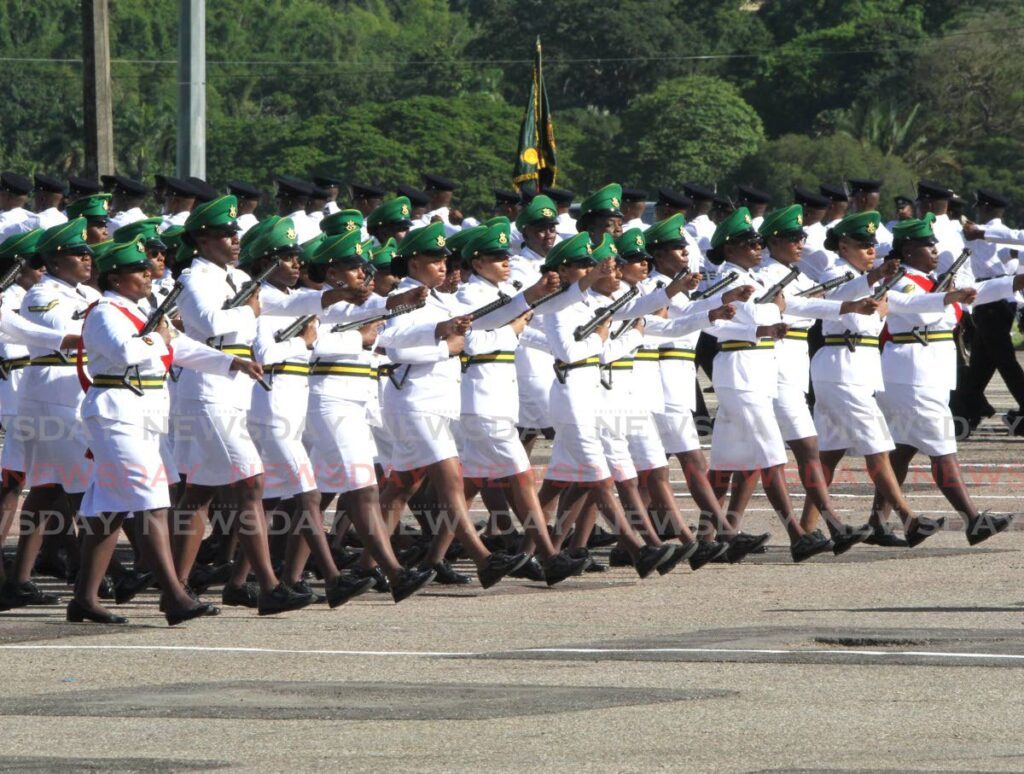
Historian Dr Jerome Teelucksingh thinks some of the societal problems Trinidad and Tobago faces are because local history is unknown or muddled.
Teelucksingh, a Newsday columnist, spoke to Newsday as the annual World History Day on June 24 drew near. This year’s theme was Cinematic Historians and History Preservation.
Worldhistory.org says, “World History Day is an international observance day to be celebrated globally to re-record the history of the nations of the world and preserve it for the next generations through the media platforms available.”
Teelucksingh believes digital technologies like TikTok, podcasts, 3D and AI should be used to tell, reconstruct and make indigenous history attractive to younger audiences.
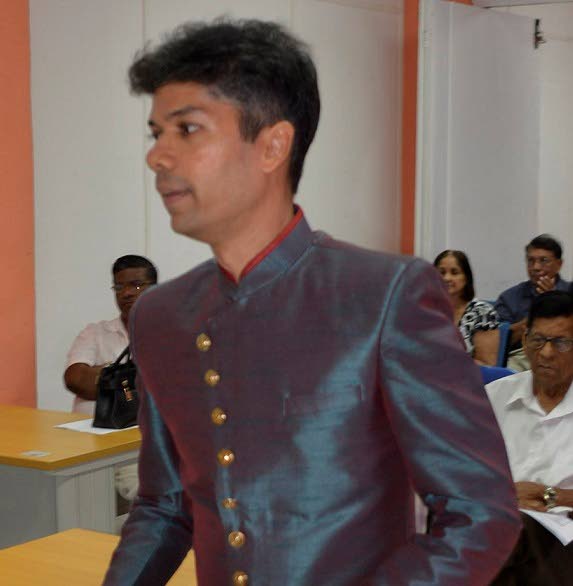
“Many of TT’s students and adults are ignorant of our local history. They don’t seem bothered that they lack this knowledge. They don’t see it as a loss, they don’t feel deprived and that is frightening.”
He saw a multi-stakeholder group, passionate about history and geared toward ensuring historical accuracy, as a possible solution to this problem.
Although figures were not immediately available for the Caribbean and TT, the UK’s Royal Historical Society said there has been an increase in the number of students sitting A-Levels (CAPE is the Caribbean equivalent) in the arts, humanities and social sciences.
Teelucksingh believes the historical deficit comes from the societal belief that “whatever foreign is good.”
Another stumbling block to people knowing their history was the deliberate attempt by some to distort it.
“When people ask me to speak about local history, they usually just call me to speak about slavery and indentureship. They are so negative.”
Teelucksingh said he would tell people there were positive historical accounts like the quest for independence and/or becoming a republic, and TT’s involvement in major world changes, particularly during the 1970s and through the Black Power Revolution.
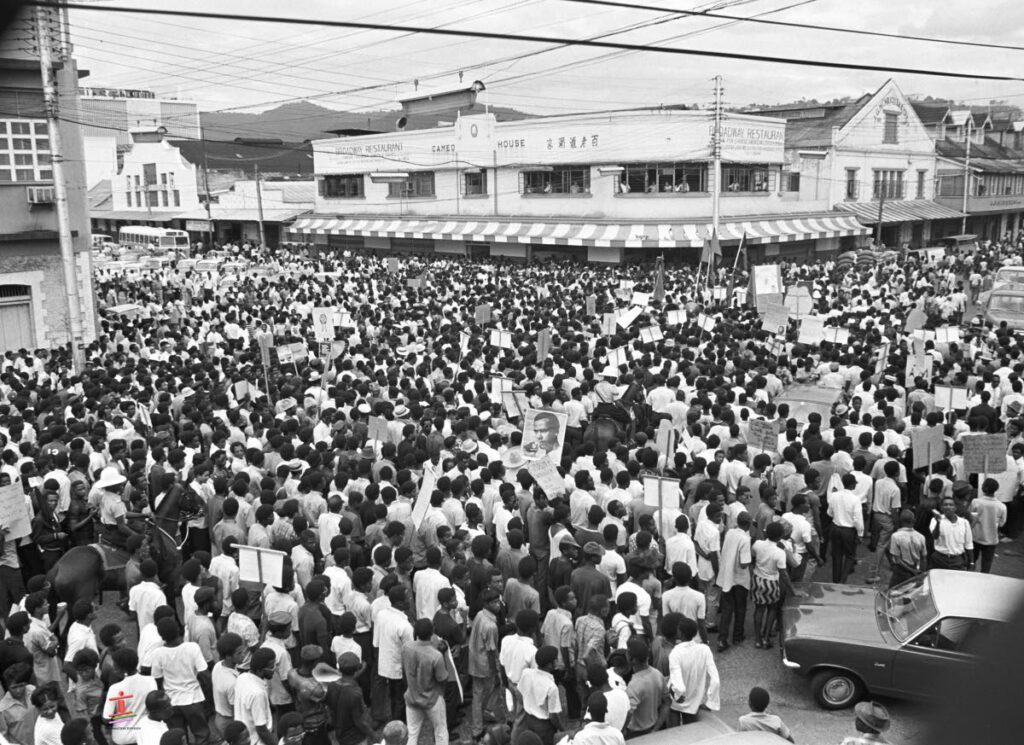
But these were less focused-on than negative historical accounts, he said.
“You see this debate about if to remove the Columbus statue – that is colonial history. That is negative history, and about changing street names.
“We like our local history, but it is mainly changing a street sign and a statue. But that would not make the majority appreciate local history.”
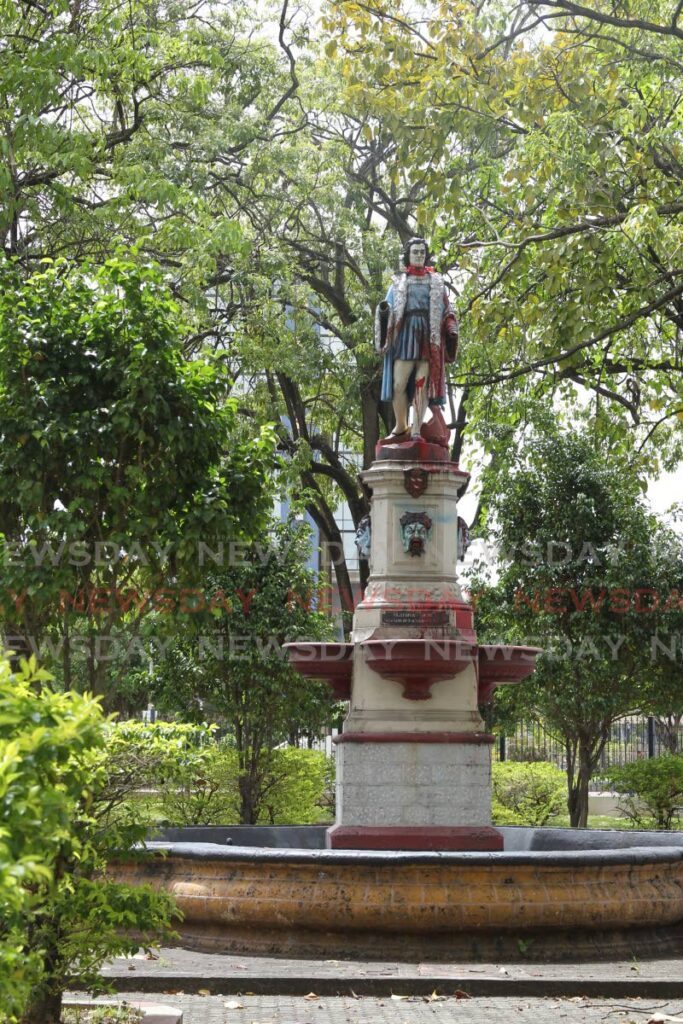
Some people weaponised history to gain political office and supporters, he added.
“We need to be careful about who is pushing the local history. The local history could also be diluted and become propaganda.”
A holistic approach is needed for a deeper appreciation of TT’s history, he said.
Teelucksingh said this could be achieved through using digital technologies to make historical facts and stories more appealing to younger citizens.
Although the facts have been available through books for a while, people were less attracted to CSEC and CAPE and tertiary-level history, he said.
“We have to tap into the younger generation. We can’t print a textbook, pelt it at a student and tell them, 'Read this.'”
Teelucksingh suggested the creation of a TT History app and telling more of the country’s history through film. Folklore and the story of independence, among others could be told through these media.
He warned against recreating history and omitting to tell the stories of minority groups.
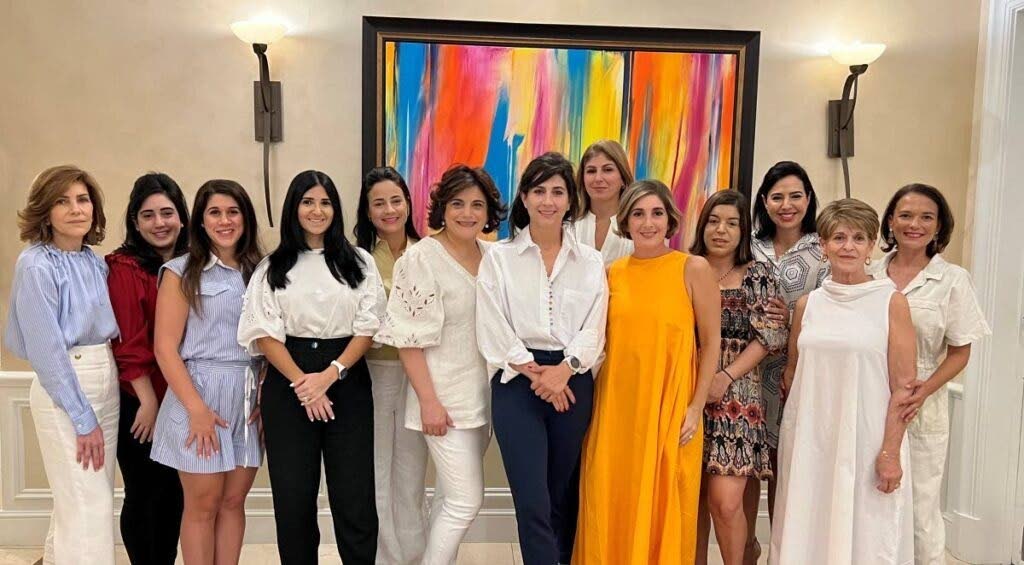
“Could you imagine we recreate our history and there is nothing on the Syrians, Lebanese, Chinese, the Portugese? Could you imagine? And there is nothing on the Rastafarians, Orisha and Shangos, nothing on the Spiritual Baptists?”
He said the controllers of technology and digital media needed to be aware and open-minded to produce a holistic account of local history, otherwise TT would continue to have a distorted history.
To ensure that all groups were represented and their stories told, Teelucksingh suggested a committee to be set up along with subcommittees for religion, cuisine etc.
These needed to be headed by some of TT’s brightest and creative minds, he said, and well funded by Government and international bodies to ensure its sustainability.
A holistic telling of TT’s history could also be a foreign-exchange earner, he added. Teelucksingh believes there is a market for this particularly among the diaspora.
“It is not just putting local history into the heads of citizens but it has the potential to earn millions if it is properly managed and packaged.”
Teelucksingh said many people did not see local history as profit-earning, but as a waste of time, and knew little to help their children.
“They know a pinch of history and they throw that pinch to their children and their children would take that pinch and pelt it to the next generation. So I think the Government has to sit down and various ministries have to come together."
He said there were people in their 80s and 90s with first-hand accounts of historical experiences who were dying, but their stories should be documented.
“We fail to realise that history could be the catalyst for peace. History could be a catalyst for positive change.
“If I could go in the history and show you all where, during colonial times, Afro-Trinidadians and Indo-Trinidadians lived peacefully and there was a lack of racism, there was less crime, people would be shocked,” he said.
History could empower young minds and help present solutions to the world’s problems, Teelucksingh said.
Although many might think young people might not be interested in history, Ako Mutota sees it differently.
He thinks there are many younger people who are interested in history, and credited it with changing his life and the lives of some involved in the 1970 Black Power Movement.
In a phone interview, publisher, businessman and history-lover Mutota said he gained an appreciation of history during that revolution as a 19 year old involved with the National Joint Action Committee (NJAC).
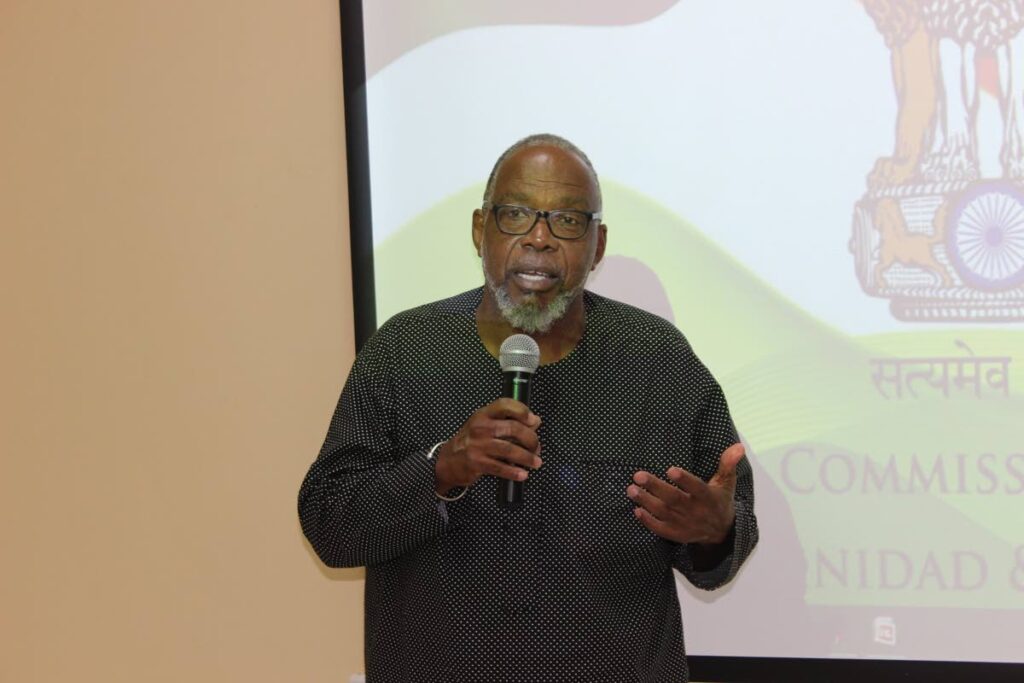
He described it as an anti-colonial revolt because despite TT's being independent for 17 years before then, there was an absence of knowledge of the country’s history and its dominant ethnic groups, Afro- and Indo-Trinidadians.
That “liberation movement” struck a chord with many of the nation’s youth then and these ideas inspired him.
“Through this research and through the seeds of public-education endeavours, a number of young people like myself came to understand a different perspective of history.
“As a 19 year old that sparked my imagination. I grew up in a rural community – born in Guayaguayare and went to school in Rio Claro – so we were remote and had no idea of this kind of history.”
Mutota gave personal examples of growing up and not being aware of the historical signs and symbols around him, for example a place called Abyssinia in Guayaguayare which was also a name for Ethiopia.
“All of these things were in my consciousness as a child, but there was nothing to connect it to a broader stream until I began to research, to read more and get exposed to history.”
Mutota said all over TT there were remnants, through the oral tradition, of African history but there was no connection to it, as it was never taught.
His involvement in NJAC gave him a whole different understanding of the role of history played in a society’s development.
Even though TT had a historian as a leader for 25 years (the late Dr Eric Williams), Mutota said indigenous history was not an integral part of the country’s education or social system.
He added that a lot of discriminatory practices that exist today, like colourism, emanated from the slave and colonial experience.
“We never developed a serious plan to decolonise our minds and our education system,” he said.
Even today indigenous history is not given the significance it deserves, Mutota added.
He said aspects of the education system were decolonised, like literature and the use of Caribbean authors, but to a large extent, the system still followed the colonial model.
“That is what I think is a problem with a lot of our young people who are dysfunctional psychologically, because there is no connection to a wider history, purpose and civilisation.”
He lived abroad for a while and when he returned to TT in 2006, he started a non-profit organisation, the Jegna Institute, and held lectures on history as well as by local and Caribbean writers.
Two years ago, Mutota undertook a project called Men of Mayaro, followed by Women of Mayaro, which highlighted the lives of outstanding men and women from the community. The projects focused on their personal histories.
At the end, one participant told him it was only then he realised that his neighbour’s history was just as important as ancient history.
Many people in TT did not understand their personal or communal histories, Mutota said.
This is why he has started telling the histories of some of TT’s now-obscure historical figures like singer, folklorist and actor Edric Connor, who was born on August 2, 1913, and died on October 13, 1968, in the UK.
Many Trinidadians did not know of Connor or his achievements, he said, but he started one of the early literary and arts agencies in the UK and there was nothing in TT to highlight his contributions and excellence, Mutota added.
Like Teelucksingh, Mutota believes many of the societal ills TT faces are the result of many not knowing their history.
Using his life as an example, Mutota said when he came to know his history it made him a more responsible young person. He added when he was involved in NJAC there were young men who were involved in borderline criminal activities but who, on becoming aware of their history, became extremely productive citizens.
He, too, believes if history is well-packaged, younger people would be receptive to learning about it.

Comments
"Why is Trinidad and Tobago’s history important?"